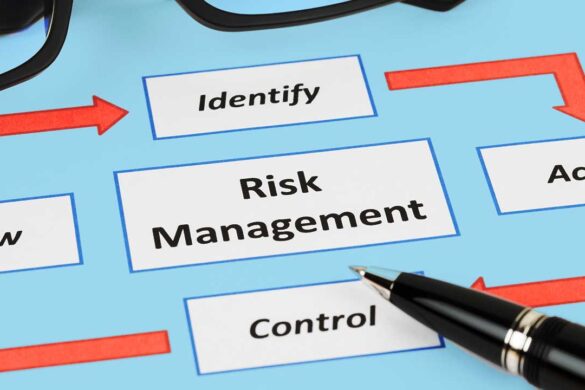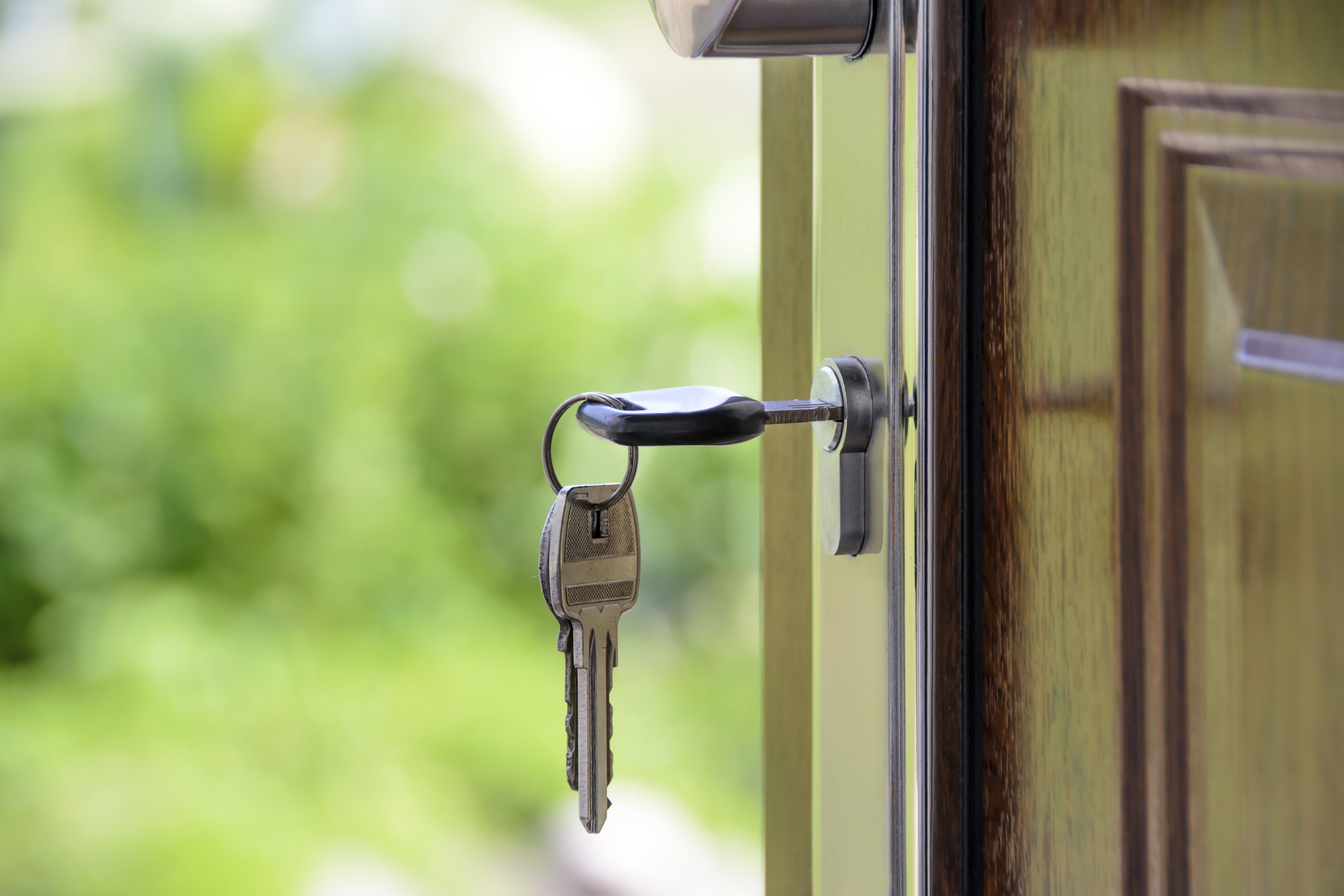 Metrology inspection services are essential for ensuring precision measurement in various industries. The metrology inspection services involve the use of specialized equipment and techniques to accurately measure and verify the dimensional, geometric, and physical attributes of a wide range of objects. Additionally, metrology inspection supports innovation and development by enabling companies to push the boundaries of design and manufacturing. It ensures that new products meet the desired specifications and performance requirements, facilitating advancements in various fields such as aerospace, automotive, medical devices, and more.
Metrology inspection services are essential for ensuring precision measurement in various industries. The metrology inspection services involve the use of specialized equipment and techniques to accurately measure and verify the dimensional, geometric, and physical attributes of a wide range of objects. Additionally, metrology inspection supports innovation and development by enabling companies to push the boundaries of design and manufacturing. It ensures that new products meet the desired specifications and performance requirements, facilitating advancements in various fields such as aerospace, automotive, medical devices, and more.
Some Common Metrology Inspection Services for Precision Measurement
Coordinate Measuring Machine (CMM) Inspection: CMMs are versatile machines used for measuring the dimensions and geometries of complex objects. They use a probe to collect data points on the object’s surface, and the measurements are analyzed using specialized software. CMM inspections can provide highly accurate and detailed dimensional information.
Optical Inspection: The metrology inspection services use optical inspection techniques that use advanced imaging technologies, such as cameras, lasers, and microscopes, to capture high-resolution images of objects. These images can be analyzed to measure various attributes, including dimensions, surface roughness, and defects. Optical inspection methods are often non-contact and can be used for delicate or sensitive objects.
3D Scanning: 3D scanning involves capturing the three-dimensional shape of an object using lasers, structured light, or other scanning technologies. The resulting point cloud data can be processed to create a digital model of the object, allowing for precise measurements of dimensions, profiles, and surface features.
Surface Metrology: Surface metrology focuses on measuring and characterizing the surface texture, roughness, and topography of objects. Techniques such as stylus profilometry, interferometry, and atomic force microscopy are employed to quantify surface properties, enabling precise analysis and quality control.
Calibration Services: Calibration is a critical aspect of metrology to ensure that measuring instruments and equipment are accurate and traceable to national or international standards. Calibration services involve comparing the measurement results of an instrument against a known standard and adjusting it if necessary.
Gauge R&R Studies: Gauge Repeatability and Reproducibility (Gauge R&R) studies are conducted to assess the measurement system’s capability and identify sources of measurement variation. These studies involve measuring a set of standardized parts or artifacts multiple times using the measurement equipment to determine the system’s repeatability and reproducibility.
Statistical Analysis: Statistical analysis techniques are used to analyze measurement data, evaluate measurement system performance, assess process capability, and ensure compliance with quality standards. Statistical tools such as control charts, capability analysis, and hypothesis testing are applied to identify trends, variations, and potential issues affecting precision measurement.
Conclusion
When seeking metrology inspection services for precision measurement, it is essential to choose a reputable service provider with expertise in the specific industry and measurement requirements. They should have the necessary equipment, calibration capabilities, and knowledgeable personnel to ensure accurate and reliable results. Ultimately, the widespread adoption of metrology inspection can be attributed to its ability to deliver reliable and quantifiable data, enhance product quality, improve manufacturing processes, and boost customer satisfaction. As industries continue to prioritize precision and excellence, the popularity of metrology inspection is expected to grow further.








